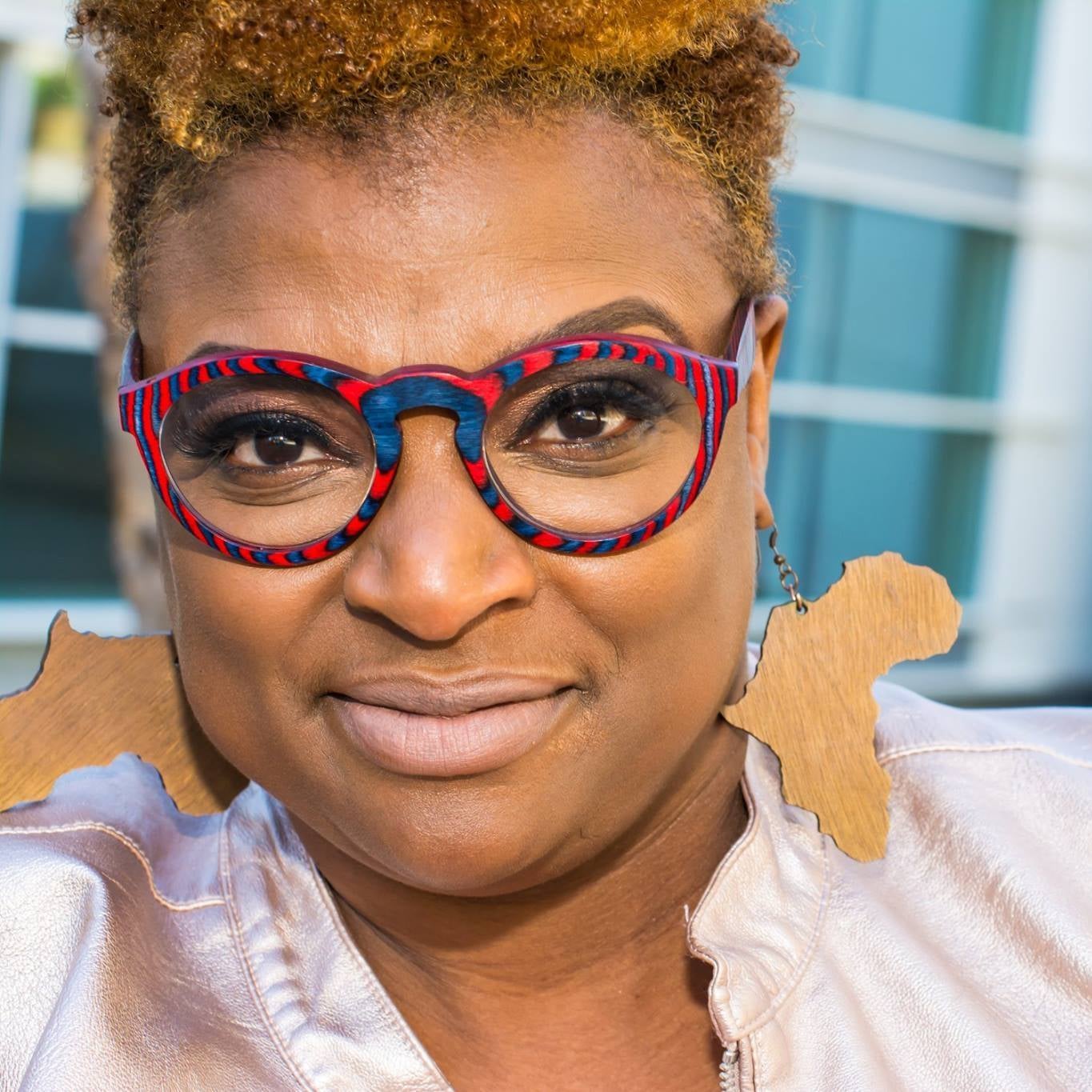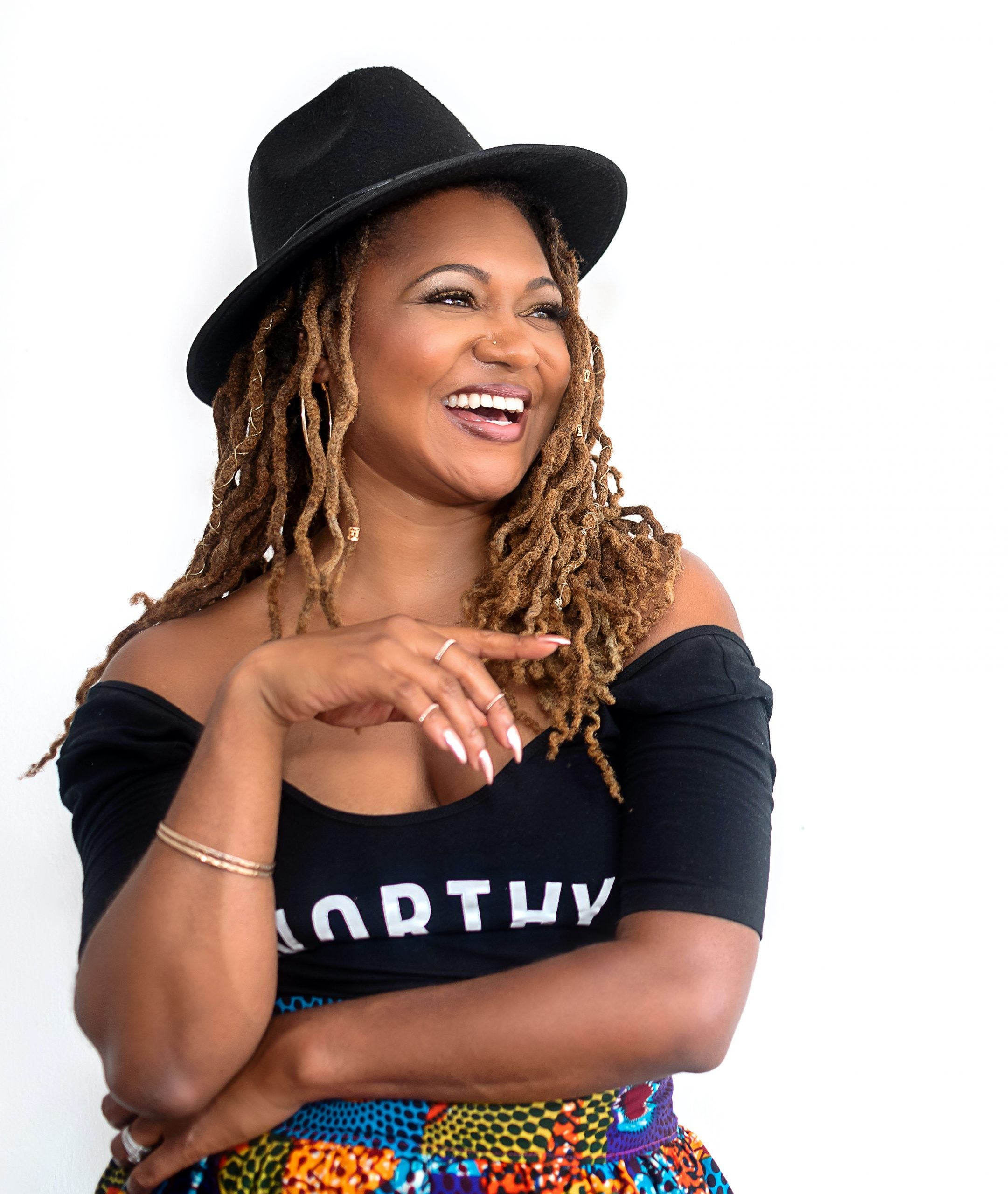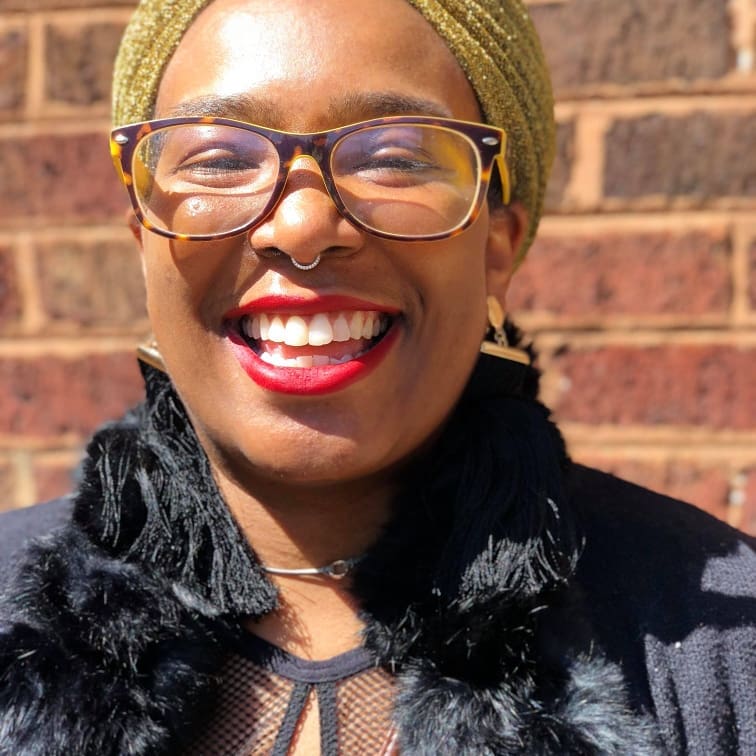The Covid-19 crisis continues to impact the daily life of every American. Governors in several states have already signed executive orders mandating that citizens stay at home. This is in addition to the Trump Administration’s suggested guideline of gatherings no larger than ten people. As the crisis remains fluid and evolving, all institutions must adjust at a moment’s notice.
This is especially the case for Black churches, as the coronavirus pandemic directly impacts events such as Sunday-morning service, weddings and funerals. Last week, many pastors did not heed calls to cancel services. As a result, worshippers were placed at risk. This week, the threat loomed too large to ignore and pushed many pastors to host Sunday-morning worship online.
While some congregations have always had a digital presence, there is one group that has been most consistent with providing ministry in the digital realm. Using social media apps, streaming platforms and websites, Black women have created their own spaces to do the work of faith and spirituality. “Something happens when Black women are in a digital space,” says Melva Sampson, Assistant Professor of Preaching and Practical Theology at Wake Forest School of Divinity. Sampson is also the curator of “Pink Robe Chronicles,” an online digital community that broadcasts live every Sunday on Sampson’s Facebook page. “When we go live, we create spaces of safety that we are not always able to do in brick and mortar.”

As traditional Black church spaces continue to exclude Black women from leadership—and reject their ability to name the needs of Black women and queer people—many have no choice but to bring their ministries online. Sampson launched “Pink Robe Chronicles” after her call to preach was challenged by another Black woman. “My entire ministry is based on the liberation of Black women,” Sampson says. “The fact that another Black woman was saying she was not interested in hearing my voice anymore, and it was supported by our Black male senior pastor, was devastating.”
Erika Totten, a spiritual life coach who hosts “To Live Unchained Tuesdays” live on her Facebook page, experienced something similar. A former small-group leader at her church, she tried to have conversations about oppressive ideologies with her group members. They rejected them. The experience led her to create her own space online. On her Tuesday livestream, Totten provides women with practical tools for healing and moving forward. “I needed to free myself from the belief that I was unworthy and disconnected from God,” Totten says. “And I knew other women had to have that same feeling, too.”

Black women also turn to online ministry after experiencing church leadership’s lack of care. After ending a toxic relationship with a preacher, Jade Perry took time to heal and develop her own womanist ethic. “I really began to consider what feels true about the Divine to me,” she says. Perry, who leads a spiritual community on Patreon, said that time of reflection also led her to see the church’s inability to meet the needs of queer and disabled people: “As a Black, queer and disabled woman, I had to figure out how to make community when the church doesn’t take my entire being into consideration.”

There is something different about the ministry work Black women do online. That was never more evident than this past Sunday, when many pastors preached as they normally would into empty sanctuaries and streamed it online. It was a stark contrast to the more intimate approaches employed by Black women. For Sampson, who transitioned “Pink Robe Chronicles” from her kitchen into her office only because she kept burning her turkey bacon, it’s about dismantling the belief that the good news must come in a particular package. “When I go live in a pink robe as my priestly vestment, oftentimes without makeup, I’m saying this is who I am, without having to fit into a particular standard of beauty,” Sampson says. “This is my truth.”
Some believe Black women take to digital spaces to avoid accountability from traditional religious spaces. Totten says that couldn’t be further from the truth. “It’s wild that anybody thinks Black women move through the world not being held accountable for anything,” she says. “All you have to do is scroll through our comments.” The difference, Totten says, is that Black women know they can trust the Black women digital faith workers in ways they can’t trust traditional pastors.
As they are critiqued from every angle, these women make clear the reward is well worth it. Sampson says the digital space provides Black Christian women the opportunity to embrace their spiritual hybridity without shame. “We don’t have to hide that we’re Christian and also interested in indigenous practices,” Sampson says. Digital ministry spaces provide Black Christian women with the opportunity to explore sacred practices beyond the limits of the church—and honor that exploration as sacred.
Perry also acknowledges that the conversations taking place in the digital space could not happen in traditional church settings. “People talk about these things online in a way that isn’t necessarily possible in the physical space, unless you’re willing to be completely disruptive and borderline disrespectful,” Perry says. And as many Black women seek to embrace their spiritual hybridity and ask important questions, Totten believes it matters to have teachers and guides who walk alongside them. “They get to see us responding in real time and sharing our personal experiences. They don’t get that level of transparency from pastors.”
While the digital space provides Black women with a certain kind of freedom, it is not without its challenges. Among the most prevalent is the theft of intellectual work. “I know pastors who have stopped by ‘Pink Robe Chronicles’ first and gone on to preach what they heard there, in their churches,” Sampson says. “Even as Black women are curating these spaces, we still have our work taken without proper credit.” Along with that comes the inability of women to monetize in the same way as their male counterparts.
Perry hopes pastors see this moment as an opportunity to support and collaborate with Black women who are already doing the work: “How impactful would it be to find some whose voices have been marginalized and send your congregation to learn from them one Sunday?”
While Black pastors may have been forced to embrace technology due to the Covid-19 crisis, Black women have always understood its value. “We have always found space to be together,” Totten says. “And we’re using these online spaces, where we would be anyway, to push each other to heal and get free.” Though the presence of traditional Black churches in digital space may be temporary, the ministries of Black women aren’t going anywhere. “We’ve had to come here to affirm the God in us, because it’s not affirmed in the larger institutional church,” Perry says. “And when these pastors have turned off the livestream and gone back into their churches, we will still be here, affirming it in each other.”
